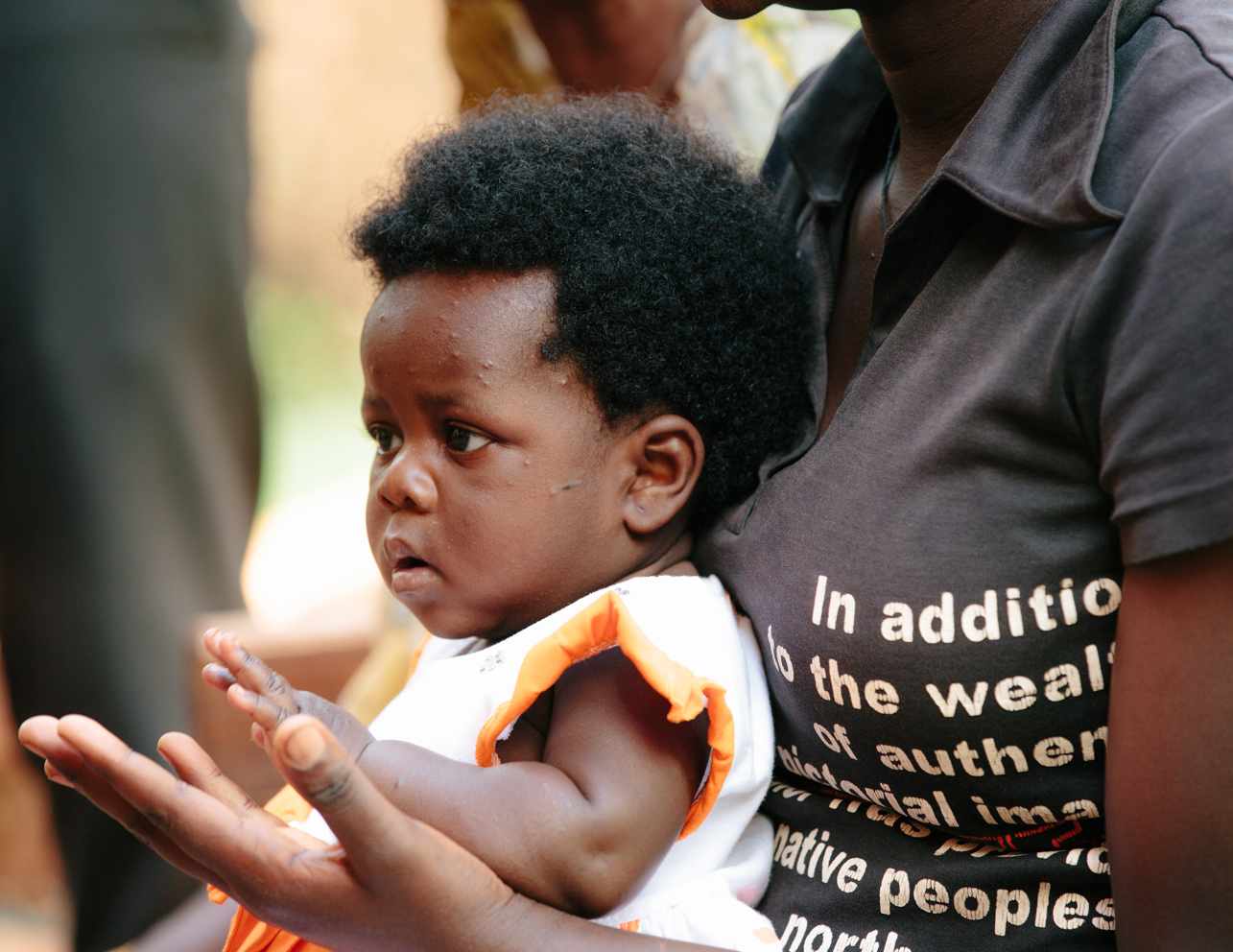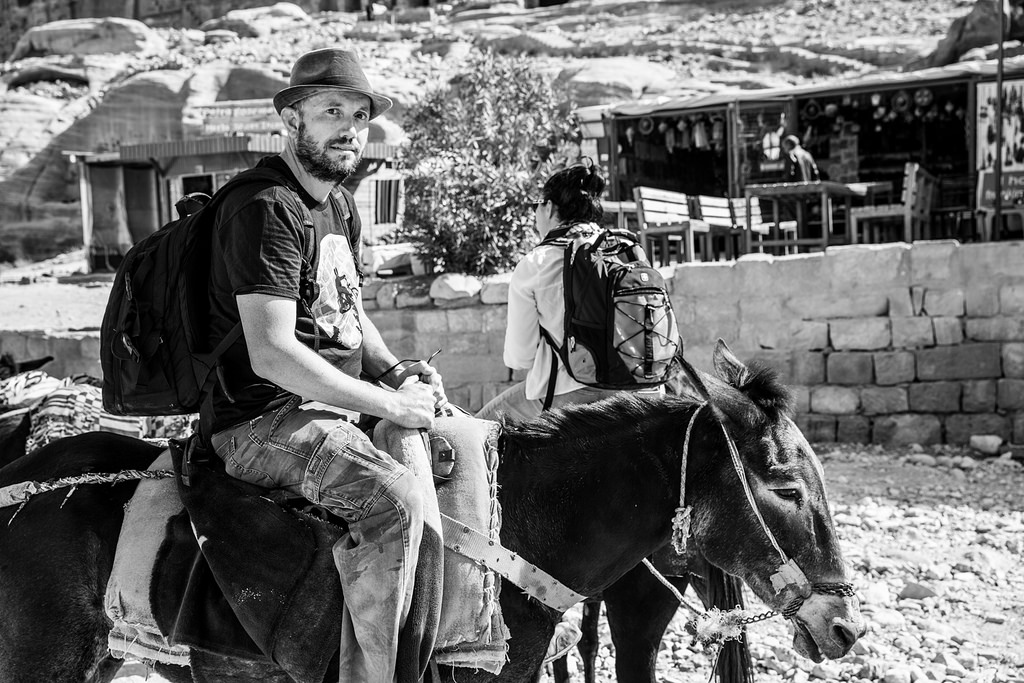
This is something my friend L.C. Baker and I wrote for What You Didn’t Learn From Your Parents About Politics. (Yeah, I actually did write a book about politics, but I think the book’s publisher forgot I did. That’s a long story. But you should buy the book; I think it’s pretty good.) Here’s part one of the excerpt:
THREE PERSPECTIVES ON POLITICS AND THE BIBLE
POLITICS FROM THE BEGINNING…
Now you know this. But it’s worth repeating. The topics of relationships and power are addressed repeatedly in the Bible, from the very beginning of the first book.
Consider the life and times of Adam. Can you imagine being all alone among God’s creation in this great big world? Neither could God, I suppose; he deemed it not good for Adam to be alone, that he was in need of relationship to become complete. You know the story. Through perhaps the weirdest series of events possible—God puts Adam to sleep, pops out a couple of his ribs and out of somewhere—we’re not sure we want to know where—pops woman. And it’s through Eve that relationship is provided.
Enter politics. Some might say dirty politics.
Because humanity’s gift of relationship came at a price. Those of us who are married know this to be true. Sure, Adam gets the companionship of woman [and vice versa], which includes the benefits of nurture, conversation, and sexuality. Certainly, the presence of Eve ushers in all of those things, and according to God, man is made complete through her. But she also listens to the serpent and showcases humanity’s downfall.
Right at the beginning of God’s narrative, we see struggle and compromise, relationship and power: they are essential to our very existence. Cain and Abel introduce the first sibling rivalry, and politics come in, literally, with a vengeance. Cain’s jealousy is politically motivated: he’s frustrated with the fact that his brother is higher up on the divine political ladder, the fact that his sacrifice isn’t accepted by God, and Abel’s sacrifice is. On a mythic level, the story of Cain and Abel has plenty of political and social undertones: it indicates a preference of the wandering herder over the stable farmer, a bias against settled civilization, a prejudice against the city.
That prejudice shows itself in other stories throughout Genesis. The Flood, the tower of Babel, Sodom and Gomorrah: all of them, on a symbolic level, are expressions of the danger of civilization, of settled towns, of organized government: the danger of the polis, of the city.
The danger, in other words, of politics. Da Da Da Dum!
IDEA ONE: WITHDRAWAL
The stories in Genesis answer this danger in several ways. But probably the most common response in Genesis is retreat from the city. Yes, many of the stories in Genesis present God’s people as ones who are supposed to run for their little lives. Consider the following:
-Cain was sent away in exile [ok, maybe he wasn’t really one of the most godly people in the Bible, but God did promise to protect him, so there’s gotta be something there]
-Noah “flees the wrath to come”
-At the tower of Babel, everyone is scattered linguistically and culturally as well as geographically
-Abram is called by God to leave his country and his people
-Lot is told to leave the evil city
One of the responses of godly people in the Bible to the evils of politics is, repeatedly, withdrawal and isolation.
In today’s world, withdraw and isolation are options that often seem tempting. [And actually, between you and me, there are some Christians who I wish would take those options. Yes, I know: that was mean; I’m sorry.] And Christians do. There are extreme examples like Amish towns [beep, beep: horse and buggy coming through], and there are less extreme examples like families who home school their children [and make them enter the National Spelling Bee and National Geography contests], and those who move to small-town America [and pursue farming despite having never grazed anything in their lives except the racks at Macy’s]. Of course, there are also those Christians who live in holes in the ground in places like West Virginia and Wyoming; they stockpile water and canned goods and wait for utter destruction to hit.
Throughout history, this instinct of retreat, this desire to withdraw from the evil in the world, has been a refuge for many. People who adhere to this type of thinking often wonder, “what else can one do in the face of so much evil”? And I certainly sometimes understand the sentiment. But does this type of thinking make sense? Are there other options? Unable to influence the culture, are we left with no choice but to remove ourselves from it as fast as possible? [I’ll get to this answer soon enough.]
[sometimes our theology can affect our politics]One approach to this solution of withdrawal from the world has gained popularity in recent times through the bestselling novel series Left Behind. [Let’s all say, “Left Behind.”] As some 60 million people have read, these books present vivid pictures of the end of the world as seen through a pre-millennial dispensationalist eschatology .
Now, I know what you’re probably thinking, Um, Matthew, so how does Left Behind affect a person’s politics? And what the heck is a pre-millennial dispensationalist eschatology? Well, if that’s what you’re thinking then you are in luck, because I’m going to explain that right now. Well, maybe not the pre-millennial dispensationalist eschatology part, because I’m not entirely sure what it is either. However, in the Left Behind version of the end of times, all Christians on earth are raptured [i.e., taken away, leaving articles of clothes everywhere—it’s really quite messy] up to heaven [yeah, according to Left Behind, we’ll be entering heaven buck naked], and after we’re gone, the rest of the world is plunged into utter chaos and confusion. And then, the world is united under the Antichrist in a lead-up to the final battle between Satan and God [when all hell breaks loose]. Although not all interpretations of biblical prophecy are as literal as this version, the fact remains: your expectation of the end of the world is bound to influence your politics.
If you live life by your belief that ultimately the world is going to hell in a hand basket, and the best you can hope to do is to hold off the storm a little longer, then for you, politics is a big ole’ waste of time. I mean, from that perspective, it might actually be better for the world to get worse instead of better, because, like a blister that has to pop before it can heal, everything will have to get as bad as it can possibly be before Jesus will come to make everything right. From that philosophy, it’s better to withdraw from politics and let the world go on making a mess of things. Once things get bad enough, God will come and fix it.
[WE INTERRUPT THIS BOOK WITH A DISCLAIMER: Please know that all views expressed in this book are not the views of Matthew Paul Turner, L.C. Baker or Th1nk Books, we’re simply trying to give you a broad, eh, dramatic picture of how some Christians interpret scripture and how those views affect their politics.]Fortunately, the Bible does offer other alternatives to the problems of civilization than to become a separatist. Good thing, huh?
TO BE CONTINUED
Viagra is for the treatment of inability to get or keep an erection and similar states when erection is of low quality. When you buy remedies like cialis from canada you should know about cialis online canada. It may have a lot of brands, but only one ATC Code. Erectile disfunction, defined as the persistent impossibility to maintain a satisfactory hard-on, affects an estimated 15 to 30 millions men in the America alone. Sexual heartiness is an substantial part of a man’s life, no problem his age etc.




